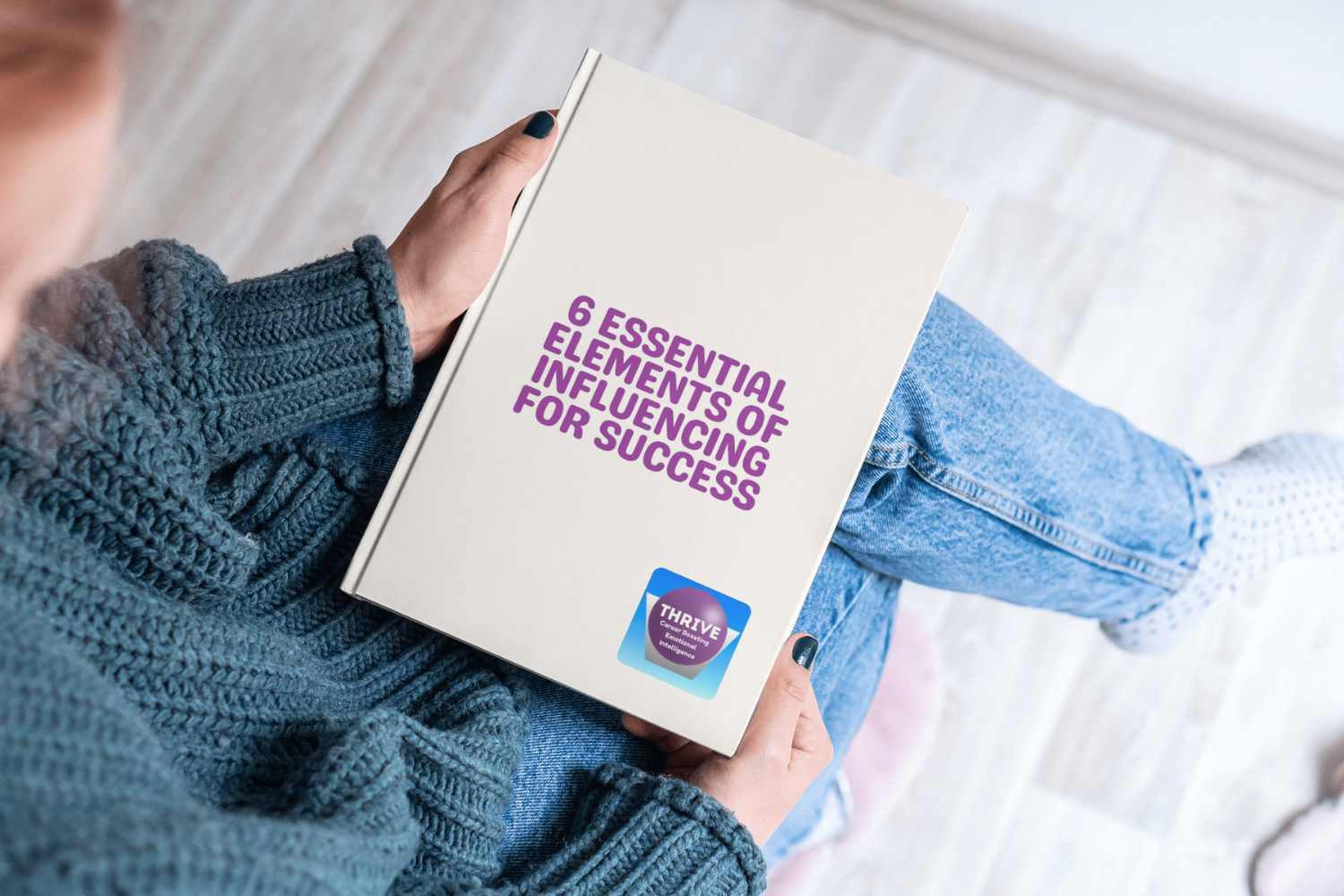THRIVE - Losing connection with our important people and what to do about it.
You may not even be aware
that you are actively losing connection with your important people.
I was recently challenged by a video from Arthur C Brookes, a Harvard psychologist, about the role of boredom in our lives. Many of us don’t like being bored and when we experience it we do often find a way to get stimulated again. It is a natural process that has a deeper purpose than we give it credit for. To see that video scroll down (but stop at my one first below ;-) ).
The point of this article is that I believe that in our quest to keep stimulated and reduce boredom we may have unexpectantly found ourselves on a road to increasingly losing connection with those who are important to us.
For many, technology has been a source of stimulation which has become increasingly more useful and mobile. Useful and mobile is a good thing, but if we find ourselves increasingly staring at technology in many different contexts that require us to connect with the people who are in the same room as ourselves, then we are actively reducing the skill of emotional intelligence. If we reduce our emotional intelligence then friendships and family relationships suffer and within the work context we lose out on influencing others and building success and opportunity.
Check out my 4 minute video below exploring this topic.
Here is the video from Arthur C Brookes…
Five Tips
for reconnecting with our important people.
Tip One
Check in with how you are feeling right now. Are you in a situation where you need to connect with people but you find yourself reaching for stimulus on a phone or laptop instead? What’s going on for you? Fear? Overwhelm? Lack of interest?
Tip Two
Check in with what the people around you might need from you? Is someone trying to tell you something but for some reason your mind is elsewhere? What is stopping you from being attentive and investing in what could be an important relationship?
Tip Three
Have mobile phone detox periods from your phone and social media. An easy way to do it is to turn off notifications and use the ‘do not disturb’ feature. You can always check your phone later and with the do not disturb feature your personal important people can always ring you.
Tip Four
Set some mobile phone boundaries. Do not have you phone available at mealtimes, don’t sleep with your phone, set up some boundaries in conjunction with Tip Three.
Tip Five
Seek to be more attentive to those who are important to you e.g Family members, your line manager, your team members or colleagues. If someone wants to talk with you, then make an effort to withdraw your focus from technology and shift your focus to the conversation partner. If you can do that, at that point, then arrange a time to talk meaningfully without tech getting in the way.
If any of these difficulties resonate with you, then do consider working on your use of Emotional Intelligence. There are plenty of online resources available and do keep an eye on the articles that I am writing (don’t miss anything and get extra benefits by subscribing to THRIVE).
A great way of developing one’s Emotional Intelligence skills is to work with a professional who is trained to help you to grow your emotional wellbeing (Hint - I can do this 😉 - Click here to ask!)
Keep checking in with these articles for ways to improve your own career boosting emotional intelligence or become a subscriber and be eligible for some useful benefits.
What you will gain from subscribing.
You will be the first to know about resources and information that you can utilise to enhance your career boosting emotional intelligence.
You will be eligible for community exclusive discounts on webinars, workshops and THRIVE 1-2-1 Coaching Sessions.
Free email support for any questions that you might have about developing your own career boosting emotional intelligence.
About John Hicks.
Since 2012, after a career in science and technology starting as a bench chemist then moving into sales and marketing and ultimately senior management, I decided to start my own company to help clients to see the truth in their abilities rather than fall for the deceitful thoughts that come with having a low self-esteem.
I realised that individuals at all levels of organisations can experience overwhelm, self-doubt and be de-railed by their automatic reactions to problems rather than have choice and control in bringing about the best outcomes.
If you want to find out more about my work then feel free to look around my website by clicking here.




